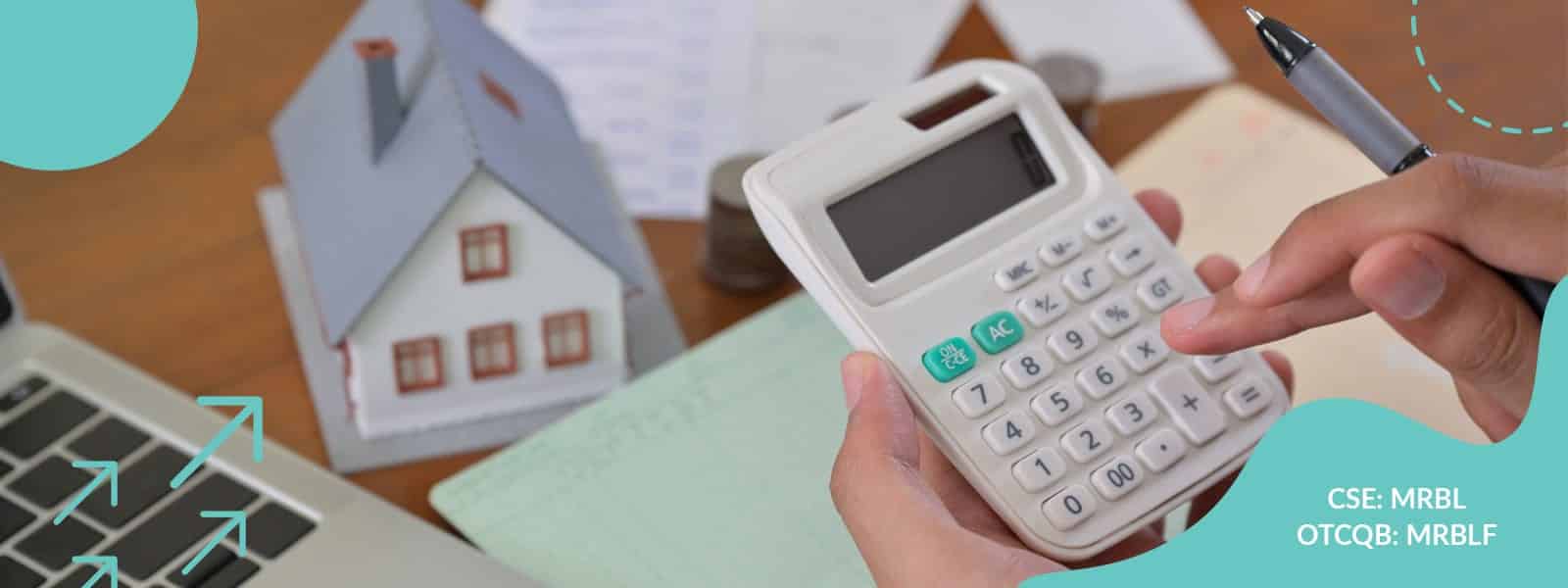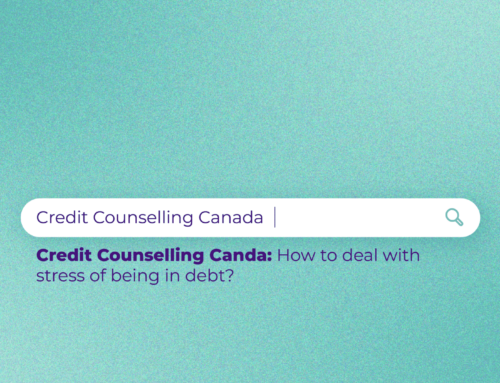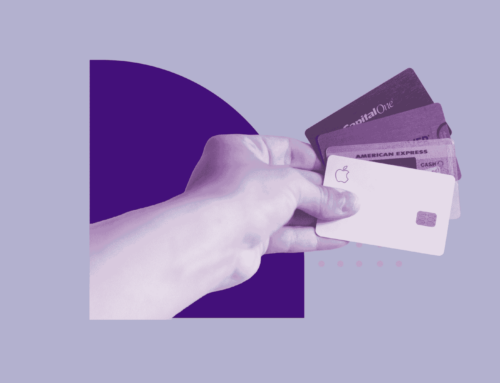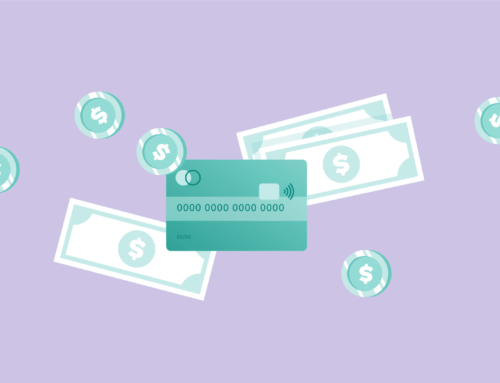Many Canadian consumers are currently feeling the financial effects of the COVID-19 Pandemic. We’re seeing recording-breaking unemployment rates and many companies not having the means to stay in business in this current crisis. In a recent survey conducted by Loans Canada, 82% of respondents have experienced a loss of income due to the COVID-19 Pandemic. When it comes to a loss of money, debt often follows. For many, exploring debt relief programs in Canada may be on the cards or, currently, the next course of action.
What debt relief programs available in Canada?
When it comes to debt relief, every person’s financial problems are unique to them. When choosing a debt relief program, no one program is right for everyone, and it’s important to choose based on your own experience. There are five different options for debt relief in Canada, with each one coming with its pros and cons.
Debt Consolidation
Debt Consolidation is a loan used to pay off multiple or all debts at once. It’s a way to combine all your bills and debt into one refined single payment. This debt relief program can be an excellent way to make repayment of debts easier to track and sometimes more affordable. It’s important to remember that Debt Consolidation does not get rid of any debt; it just makes it easier to manage.
Credit Counselling
Credit Counselling is when a non-profit credit counsellor summarizes all of your debts and creates a multi-year repayment plan for you. A credit counsellor will prepare a debt management plan for you, which allows you to pay your debts over a three to five-year period.
They will put forward your debt management plan to your creditors, and if accepted, you will make a payment to the credit counselling agency once a month. This form of debt consolidation is a way to negotiate your debt and gain assistance in communicating with your creditors. It’s important to note that this does not eliminate your debt, but you may receive interest relief.
Debt Settlement
A Debt Settlement agreement is a formal arrangement made with you and your creditors to pay back a portion of your debt. This arrangement is not absolute, and you may be required to pay extra fees to settle the process.
Consumer Proposal
A consumer proposal is a formal, legal debt settlement program available under the Bankruptcy and Insolvency Act – the only debt relief program available from the Government of Canada. It’s a legally binding arrangement negotiated with your creditors through a Licensed Insolvency Trustee to pay back your debt over five years. At the end of the proposal period, your debts finish, and you can begin to improving your credit score.
Personal Bankruptcy
A Personal Bankruptcy is usually a final option when searching for Debt Relief Programs in Canada. It’s a legal process regulated by the federal government and can have many lasting long-term effects. It’s essential to seek financial advice if you feel you may be on route to becoming bankrupt.
Why is your credit score important?
Your credit score is a three-digit number from 300-900. It lets creditors know how financially reliable you are at paying back debt. Your credit score is monitored by the two major credit reporting agencies in Canada; Equifax & TransUnion. Both credit reporting agencies analyze your credit report and calculate your credit score from this information. It provides your lenders, banks and creditors with an idea of whether you’re a risk they’re willing to take on.
Your credit score is essential, as it’s generally the deciding factor on whether you get approved for a loan or any other financial product. It will decide what your interest rate is. If you have a good credit score, you will more than likely have more room to negotiate your interest, more options to shop around and, of course, many opportunities to plan for your financial future.
When it comes to debt, your credit score will become damaged. It’s always important to monitor your credit score and ensure you’re keeping in communication with all creditors, especially in confusing times, such as the current Pandemic.
How can debt relief affect your credit score?
The debt that you have is your credit utilization rate. It makes up about one-third of your overall credit score. When you begin paying off debt, your credit score will also improve. This also applies if you’re considering your line of credit. If you’re approaching your maximum limit on your credit card, you have utilized a lot of your credit, meaning your credit score might not be significant. You want to keep your utilization rate below 30% to avoid adverse effects on your credit score.
When it comes to debt relief and your credit score, it’s essential always to ensure you’re paying your debt off on time to avoid further penalties. An excellent way to ensure you’re not damaging your credit score is to monitor and track your credit score. It’s important to research the best solution for you to try to get back on track.
The bottom line
When you’re in a consumer proposal, you will see your credit score drop to 300-500. It means you may pay high-interest on loans if you’re even applicable. Canadians in a Consumer Proposal often end up resorting to their only option – high-cost lenders. A high-cost lender such as payday loans impose interest rates from 32% or above, which may seem enticing due to a lack of options but will more than likely leave you deeper in debt. If you’ve recently entered into a Consumer Proposal, you may be applicable for our Fast-Track product. Find out more here.
Marble Financial (CSE: MRBL; OTCQB: MRBLF). We are a group of forward-thinking financial technology experts that understand Canadian’s occasionally need help in achieving longer-term credit health. Through our industry-leading proprietary technology solutions Fast Track Loan, Score Up, and Credit Meds. We guide our customers back to mainstream credit 50% quicker than traditional methods. Since 2016, We are proud to have empowered thousands of Canadians to a positive financial future and continue to establish ourselves as a leader in financial wellness.






